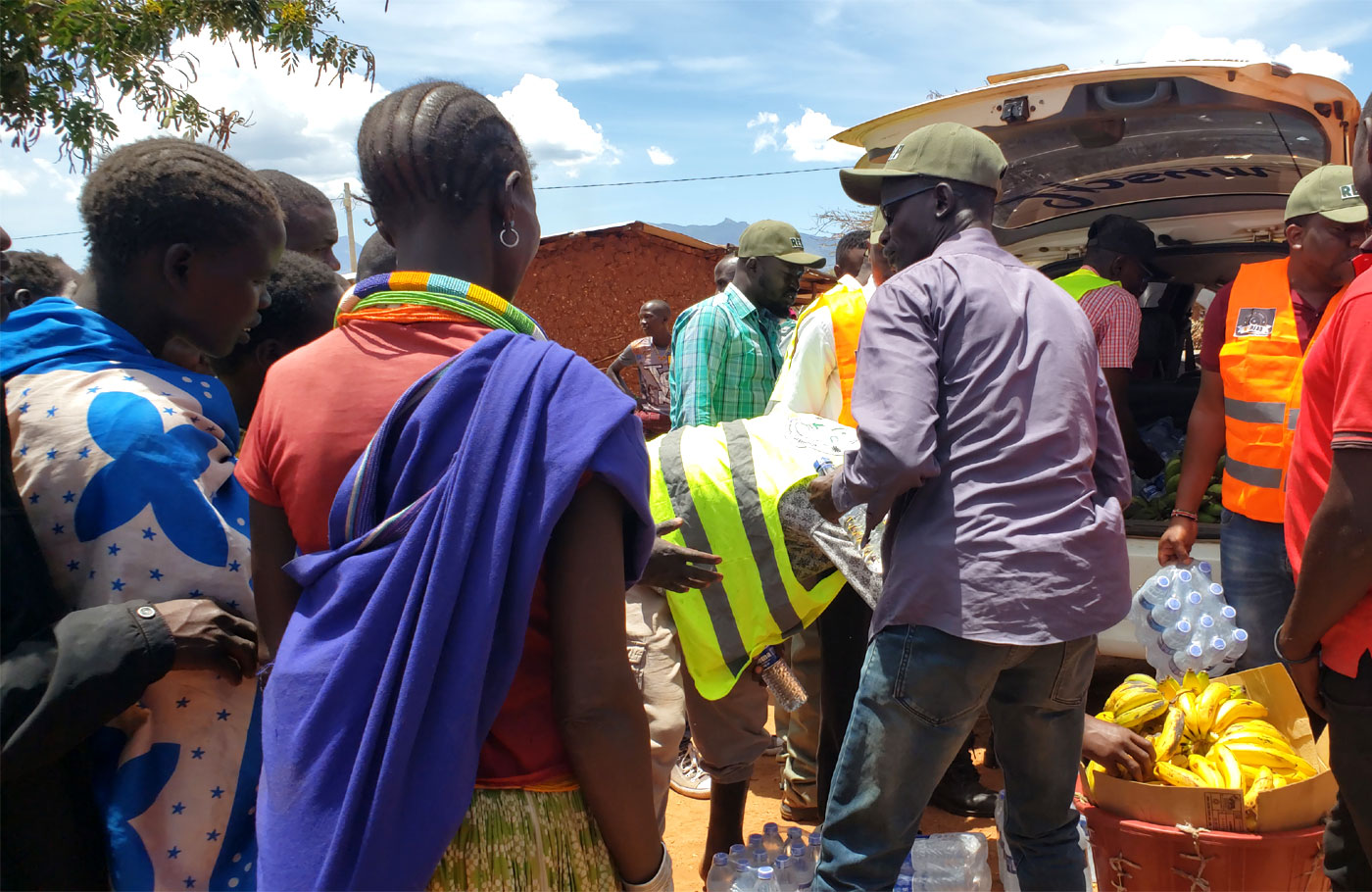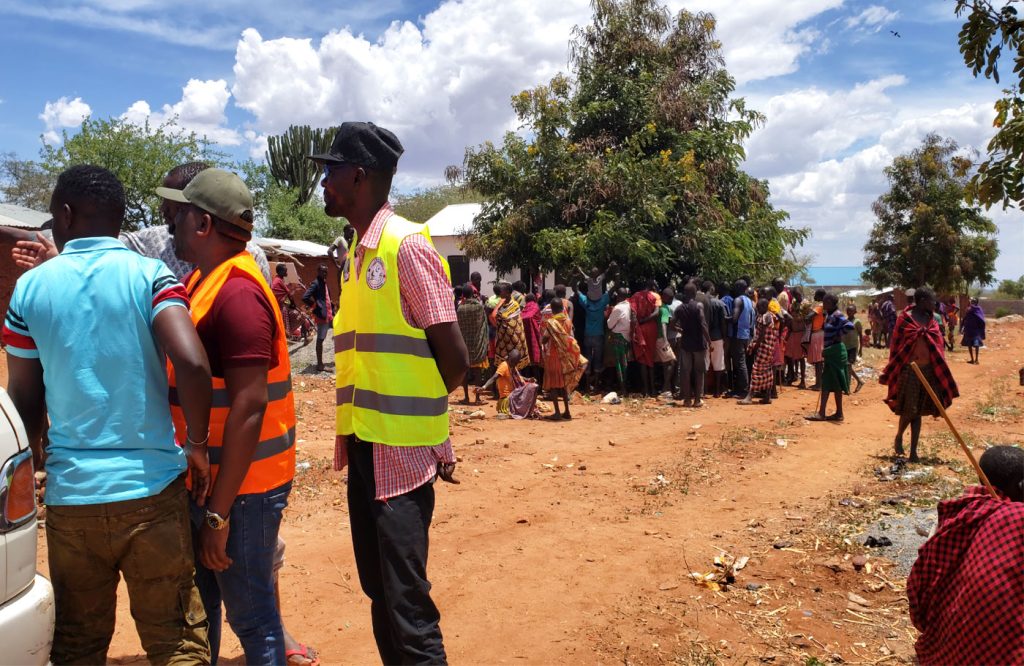
Nearly 13 years after gaining independence, people in South Sudan continue to face deteriorating humanitarian conditions. Conflict, public health challenges, climatic and economic shocks, and poor governance have severely affected people’s livelihoods and hindered access to essential services. Poverty is ubiquitous, exacerbated by these factors. The most recent household survey was conducted in 2016-2017 and revealed that 67.3% of South Sudan’s population lived below the international poverty line. The Human Development Index, a summary measure of average achievement in key dimensions of human development, ranks South Sudan last globally. South Sudan’s life expectancy is 55, people spend just 5.5 years in school on average and earn $300 a year. According to the Humanitarian Needs and Response Plan (HNRP) 2025, 11 million people will be in need of humanitarian assistance, with 7.1 million South Sudanese requiring food assistance according to the Integrated Phase Classification (IPC) projection. In a joint statement issued from Juba on Feb. 11, 2024, Reena Ghelani, United Nations (UN) Famine Prevention and Response Coordinator, and Marie Helene Verney, Acting Humanitarian Coordinator for UNOCHA said, “The people of South Sudan are facing the cumulative and compounding effects of multiple inter-connected crises: insecurity and conflict – including the spillover effects of the crisis in Sudan, climate shocks such as hot temperature and localized drought-like conditions, and an economic crisis driven by currency depreciation and rising commodities prices.” Meanwhile, “In 2022,
Imaani Charity Foundation embarked on outsourcing possible available means of contributing to these crisis through creating channel with our partners, donors and humanitarians to combat the unbearable crisis that humans face in South Sudan. This included the way of living, access to clean water, community development initiatives, food packs and disaster preparedness through donations we get from our international donors.
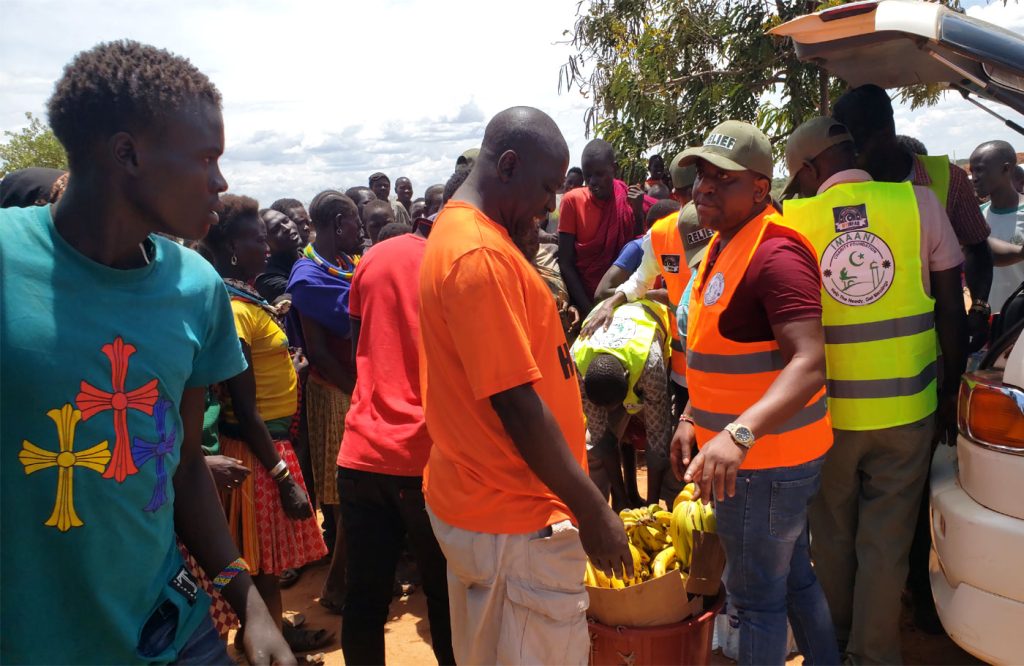
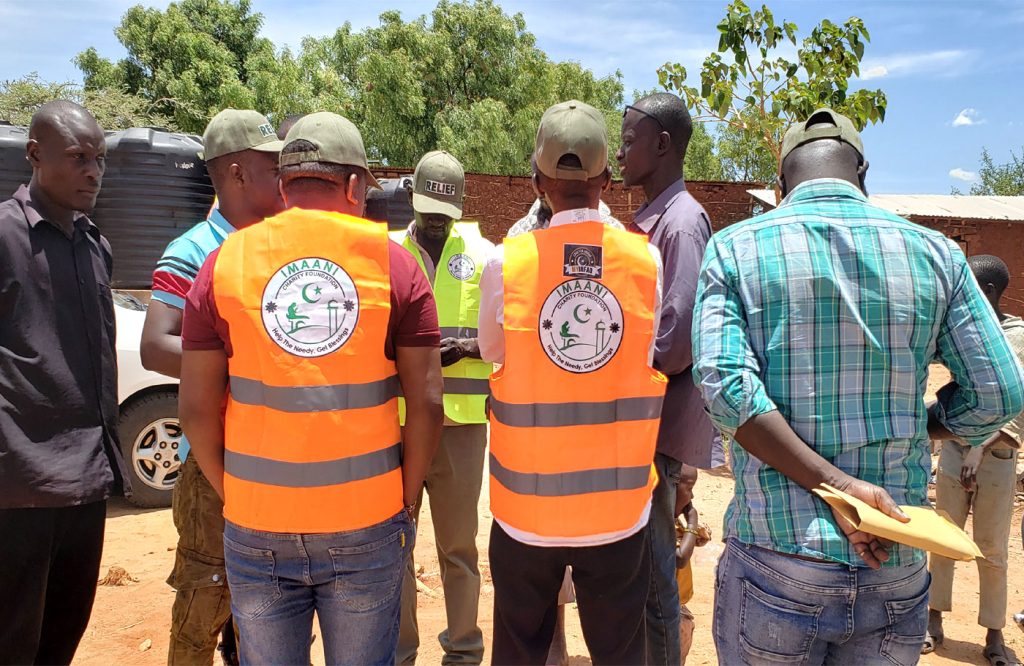
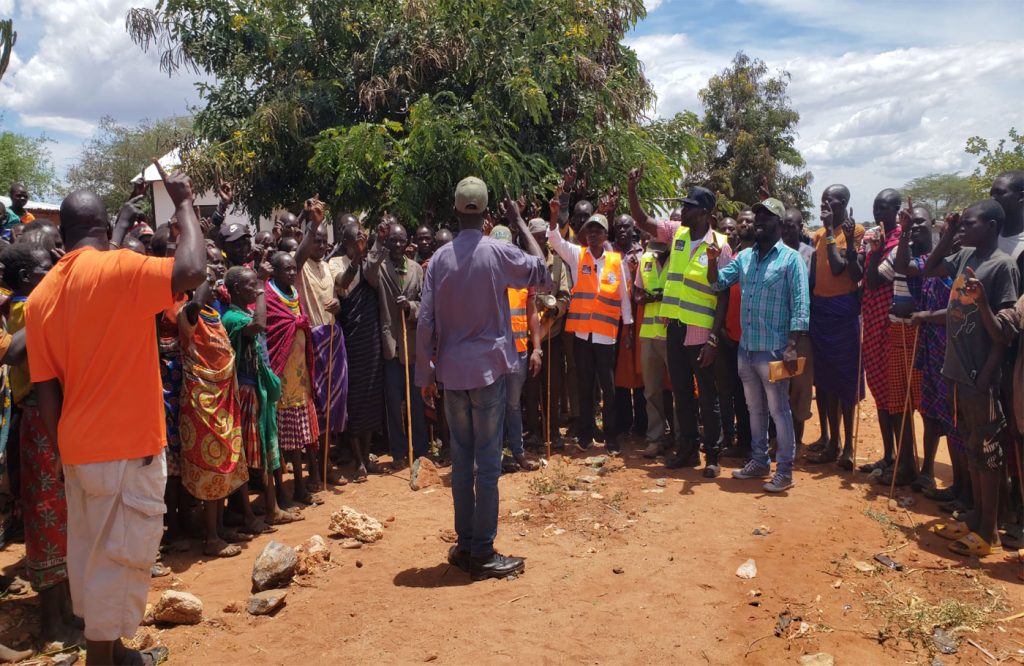
Imaani Charity Foundation we appeal to our international donors to outsourcing possible available funds to these crisis to combat the unbearable draught conditions that humans face in South Sudan. This included the way of living, access to clean water, community development initiatives, food packs and disaster.

